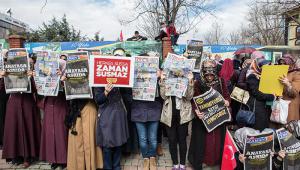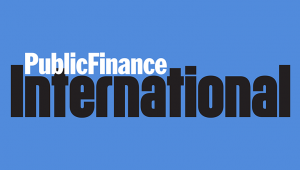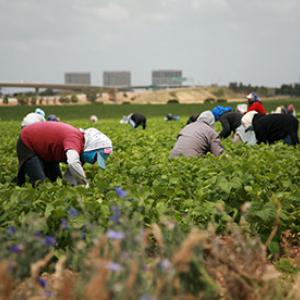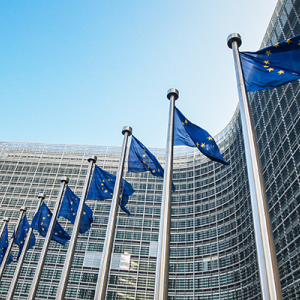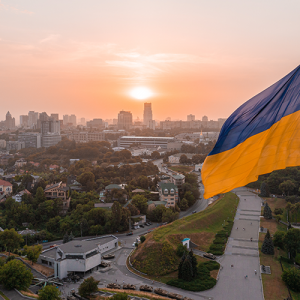By Judith Ugwumadu | 12 January 2015
Social and economic effects of Ebola are ‘far-reaching’ and ‘persistent’ and forcing already poor households in West Africa to cut back on food and not go out to work, a new World Bank survey has found.
With the help of the Word Bank and charities, both the Liberia and Sierra Leone governments collected household data on the impacts of Ebola Virus Disease (EVD). Mobile phone surveys were also launched to capture the key socio-economic effects of the virus in the two countries.
Findings pointed to increases in unemployment, food insecurity and long-term welfare concerns. The bank noted that these impacts were not limited to the area where infections have been the highest.
For this reason many households have been forced to take short-term actions to cope, leading to substantially long-term effects on welfare. Such actions include: reducing food portions, not turning up for work and selling assets or slaughtering livestock.
Even with improvements in the health situation, the Liberian economy continues to shed jobs faster than they are replaced, the survey revealed. And nearly half of the main earners in Liberian households remain out of work despite response-related jobs being created in construction and health fields.
In the agricultural sector, there are new concerns about farmers’ ability to organise work teams, which is reducing harvests.
In Sierra Leone, particularly in the capital Freetown, the survey showed declines in employment among wage workers and the non-farm self-employed, with Ebola cited as one of the main reasons for not working.
Among breadwinners, an estimated 9,000 wage workers and 170,000 self-employed workers outside of agriculture are no longer working since the EVD crisis.
Ana Revenga, senior director for poverty at World Bank, said the number one priority should be to eradicate the Ebola virus.
But she noted that the socio-economic ‘side effects’ were putting the current and future wealth of households in Liberia and Sierra Leone at high risk.
‘We must pay careful attention to those who are most vulnerable to both health and economic shocks, and ensure that they are supported throughout and after the crisis,’ she said.

